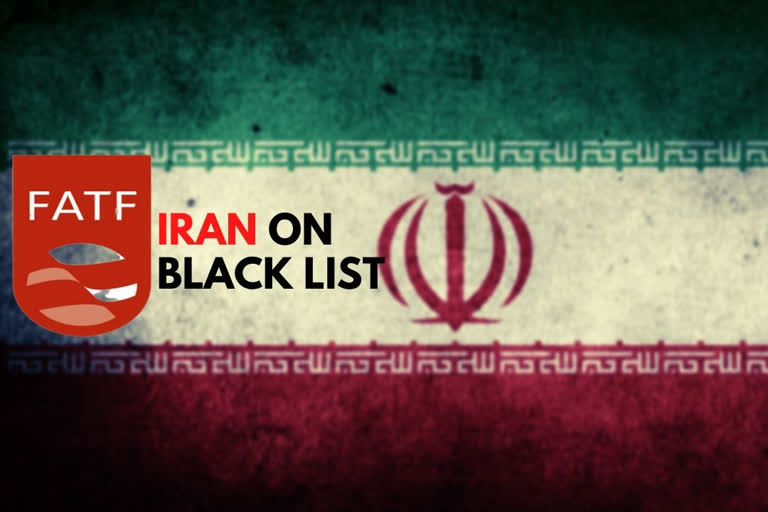Paris: An international agency monitoring terrorism funding announced tough new financial scrutiny of Iran on Friday and added seven countries to a watch list.
Pakistan, meanwhile, won a reprieve from the Financial Action Task Force (FATF) at its meetings in Paris this week. The monitoring body gave Pakistan’s government another four months to crack down on terrorism financing and did not put the country on a damaging 'black list'.
Iran and North Korea are the only two countries currently on the agency’s black list. That means international financial transactions with those countries are closely scrutinized, making it costly and cumbersome to do business with them. International creditors can also place restrictions on lending to black-listed countries.
FATF:
The FATF decided on Friday to further tighten the screws on Iran whose economy is already reeling by imposing extra measures that could require audits on more transactions and make it even harder for foreign investors to do business there.
The group made the decision because Iran failed to fulfill its promises to the FATF despite repeated warnings. In a statement, the organization said that Iran hasn't done enough to criminalize terrorist financing, require transparency in wire transfers or freeze terrorist assets targeted by UN sanctions.
Read more:Pakistan to stay on FATF's grey list till June 2020
Iran's views:
The head of Iran’s central bank, Abdolnasser Hemmati, said, "The decision will create no problem for Iran’s foreign trade and currency."
Iranian foreign ministry spokesman Abbas Mousavi called the decision 'politicized' and a result of pressure from the United States, Saudi Arabia and Israel.
Mousavi said, "Iran had implemented all regulations and laws linked to money laundering and financing terrorism in the more than past two years."
After President Donald Trump unilaterally withdrew from Iran’s 2015 agreement with world powers to curb its nuclear program, the US imposed sanctions that have exacerbated Iran's economic crisis, pummeling the local currency, wiping away many people’s life savings and making it tougher for Iran to export oil. The Institute of International Finance estimates that Iran’s economy will contract this fiscal year by more than 7%.
